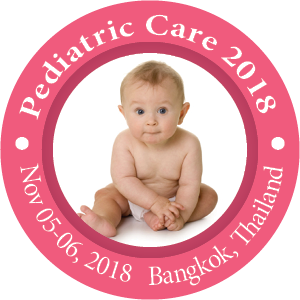Layla Taryam,
Ministry of Health and Prevention, UAE
Title: StethAid: Mobile technology for smart auscultation in children
Biography
Biography: Layla Taryam,
Abstract
Innocent heart murmurs occur in approximately half of healthy children at some point in their childhood. Still’s murmur is the most prevalent of these innocent pediatric heart murmurs with a prevalence of approximately 40%. Auscultation remains the primary clinical tool utilized to identify Still’s murmur from the murmurs of true heart disease. However, General Physicians (GPs) are not successful in distinguishing a Still’s murmur from pathological murmurs and therefore refer a large number of children to pediatric cardiologists. Besides cost and inconvenience, these referrals are a source of extreme anxiety and stress in children and families while waiting to see a pediatric cardiologist. Our objective has been to develop a novel technology that can help a GP classify a Still’s murmur with high accuracy at the point of care and support their decisions regarding referral to a specialist. We have created a stethoscope that connects to a smartphone and developed a custom mobile application that
records heart sounds and using machine learning, analyzes them for the presence of a Still’s murmur. This solution is called StethAid. The algorithm to identify Still’s murmur has been developed and tested utilizing a pediatric heart murmur library of over 1800 patients with clinically documented diagnoses compiled at Children’s National Health System. Using StethAid, we recorded heart sounds of 312 pediatric patients at two UAE Ministry of Health and Prevention hospitals to be utilized as an independent test set. The algorithm identifies Still’s murmur with a sensitivity of 89% and specificity of 97%. The proposed
technology could potentially lower the current high rate of referrals to pediatric cardiologists associated with Still’s murmur.

